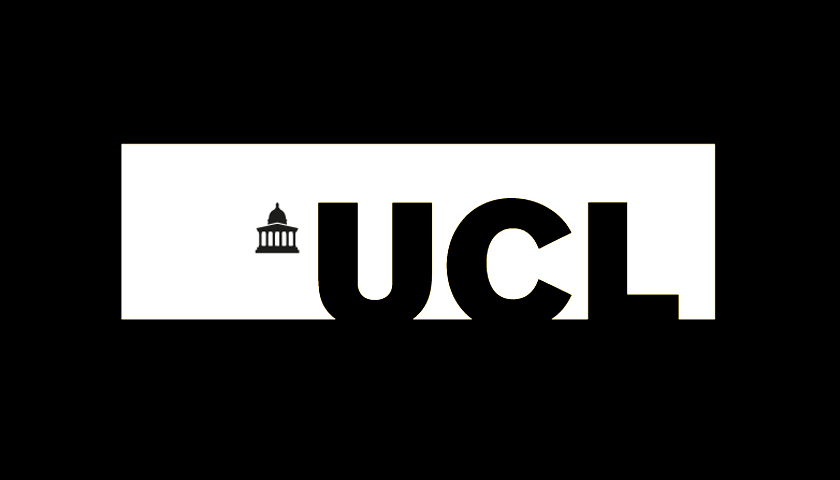The annual number of preventable heat-related deaths globally has soared to more than half a million, a UCL-led report says. The ninth annual Lancet Countdown on Health and Climate Change report reveals that the continued overreliance on fossil fuels and failure to adapt to climate change is being paid in people’s lives, health and livelihoods. It reveals that heat-related mortality per 100,000 has risen 23 per cent since the 1990s, with total heat-related deaths reaching an average of 546,000 annually between 2012 and 2021. The scientists are calling for governments…
Read MoreTag: University College London
£1.7 million for the world’s first vaccine to prevent lung cancer
Researchers at the University of Oxford, the Francis Crick Institute and University College London have been granted £1.7 million of funding from Cancer Research UK and the CRIS Cancer Foundation to develop a lung cancer vaccine. The team are seeking to create ‘LungVax’, the world’s first vaccine to prevent lung cancer in people with a high risk of the disease. From COVID-19 breakthrough to lung cancer vaccine The LungVax vaccine will use technology similar to the highly successful Oxford/AstraZeneca COVID-19 vaccine. In the same way traditional vaccines use part…
Read MoreNew report reveals environmental impact of Londoners’ fashion habits
A new report from ReLondon and University College London, ‘London’s fashion footprint’, shows for the first time the environmental impact of our fashion habits in the capital, while revealing that buying just a few more second-hand items instead of new could make a real difference to our own personal carbon footprint. Fashion is on track globally to use over a quarter of the world’s carbon budget by 2050[1] so it has a huge impact on our planet and the escalating climate crisis. ‘London’s fashion footprint’ highlights the fact that Londoners…
Read MoreUnilever Explores Science against stereotyping
Academics at University College London (UCL) have conducted an unprecedented experiment to attempt to disrupt the way leaders in advertising think about their consumer audiences, giving them a fresh view of how to commission creative ideas that advance progressive, inclusive and unstereotypical portrayals of people. The project – part of Unilever’s Unstereotype initiative – explored whether DNA analysis, aimed at giving participants a greater insight into their origins, coupled with a workshop on behavioural change, could help to broaden the way people see themselves and the world around them.…
Read More


